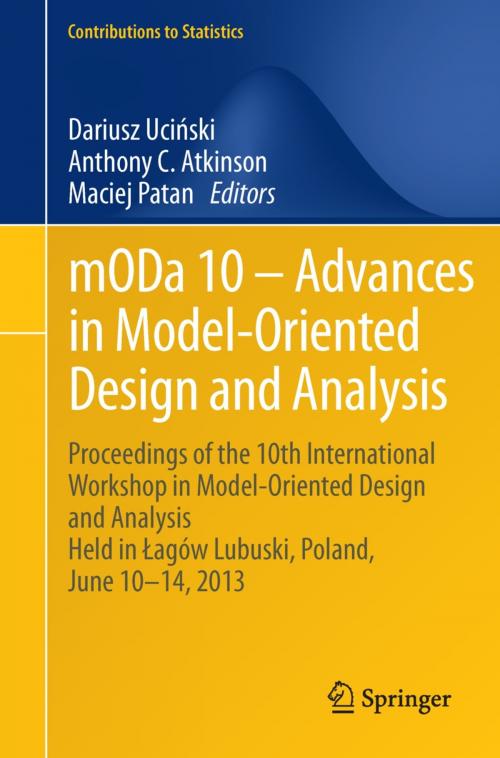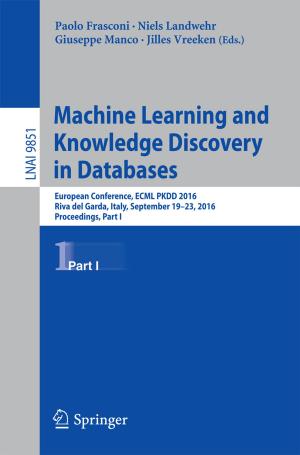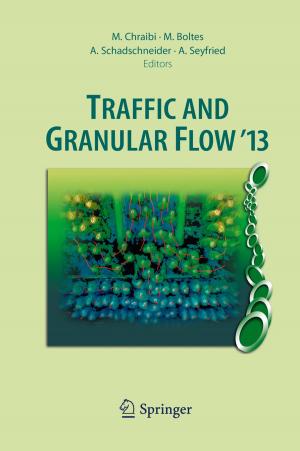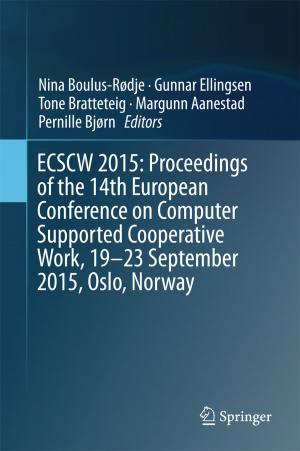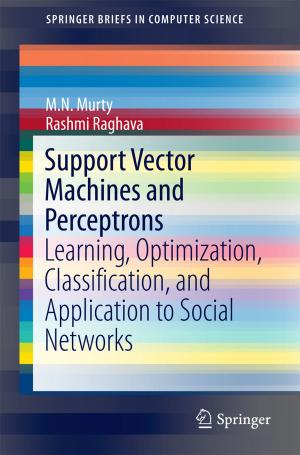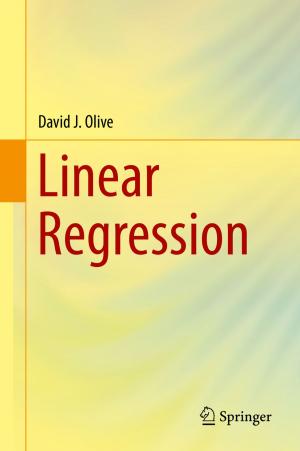mODa 10 – Advances in Model-Oriented Design and Analysis
Proceedings of the 10th International Workshop in Model-Oriented Design and Analysis Held in Łagów Lubuski, Poland, June 10–14, 2013
Nonfiction, Health & Well Being, Medical, Reference, Biostatistics, Science & Nature, Mathematics, Statistics| Author: | ISBN: | 9783319002187 | |
| Publisher: | Springer International Publishing | Publication: | March 21, 2013 |
| Imprint: | Springer | Language: | English |
| Author: | |
| ISBN: | 9783319002187 |
| Publisher: | Springer International Publishing |
| Publication: | March 21, 2013 |
| Imprint: | Springer |
| Language: | English |
This book collects the proceedings of the 10th Workshop on Model-Oriented Design and Analysis (mODa). A model-oriented view on the design of experiments, which is the unifying theme of all mODa meetings, assumes some knowledge of the form of the data-generating process and naturally leads to the so-called optimum experimental design. Its theory and practice have since become important in many scientific and technological fields, ranging from optimal designs for dynamic models in pharmacological research, to designs for industrial experimentation, to designs for simulation experiments in environmental risk management, to name but a few. The methodology has become even more important in recent years because of the increased speed of scientific developments, the complexity of the systems currently under investigation and the mounting pressure on businesses, industries and scientific researchers to reduce product and process development times. This increased competition requires ever increasing efficiency in experimentation, thus necessitating new statistical designs. This book presents a rich collection of carefully selected contributions ranging from statistical methodology to emerging applications. It primarily aims to provide an overview of recent advances and challenges in the field, especially in the context of new formulations, methods and state-of-the-art algorithms. The topics included in this volume will be of interest to all scientists and engineers and statisticians who conduct experiments.
This book collects the proceedings of the 10th Workshop on Model-Oriented Design and Analysis (mODa). A model-oriented view on the design of experiments, which is the unifying theme of all mODa meetings, assumes some knowledge of the form of the data-generating process and naturally leads to the so-called optimum experimental design. Its theory and practice have since become important in many scientific and technological fields, ranging from optimal designs for dynamic models in pharmacological research, to designs for industrial experimentation, to designs for simulation experiments in environmental risk management, to name but a few. The methodology has become even more important in recent years because of the increased speed of scientific developments, the complexity of the systems currently under investigation and the mounting pressure on businesses, industries and scientific researchers to reduce product and process development times. This increased competition requires ever increasing efficiency in experimentation, thus necessitating new statistical designs. This book presents a rich collection of carefully selected contributions ranging from statistical methodology to emerging applications. It primarily aims to provide an overview of recent advances and challenges in the field, especially in the context of new formulations, methods and state-of-the-art algorithms. The topics included in this volume will be of interest to all scientists and engineers and statisticians who conduct experiments.
